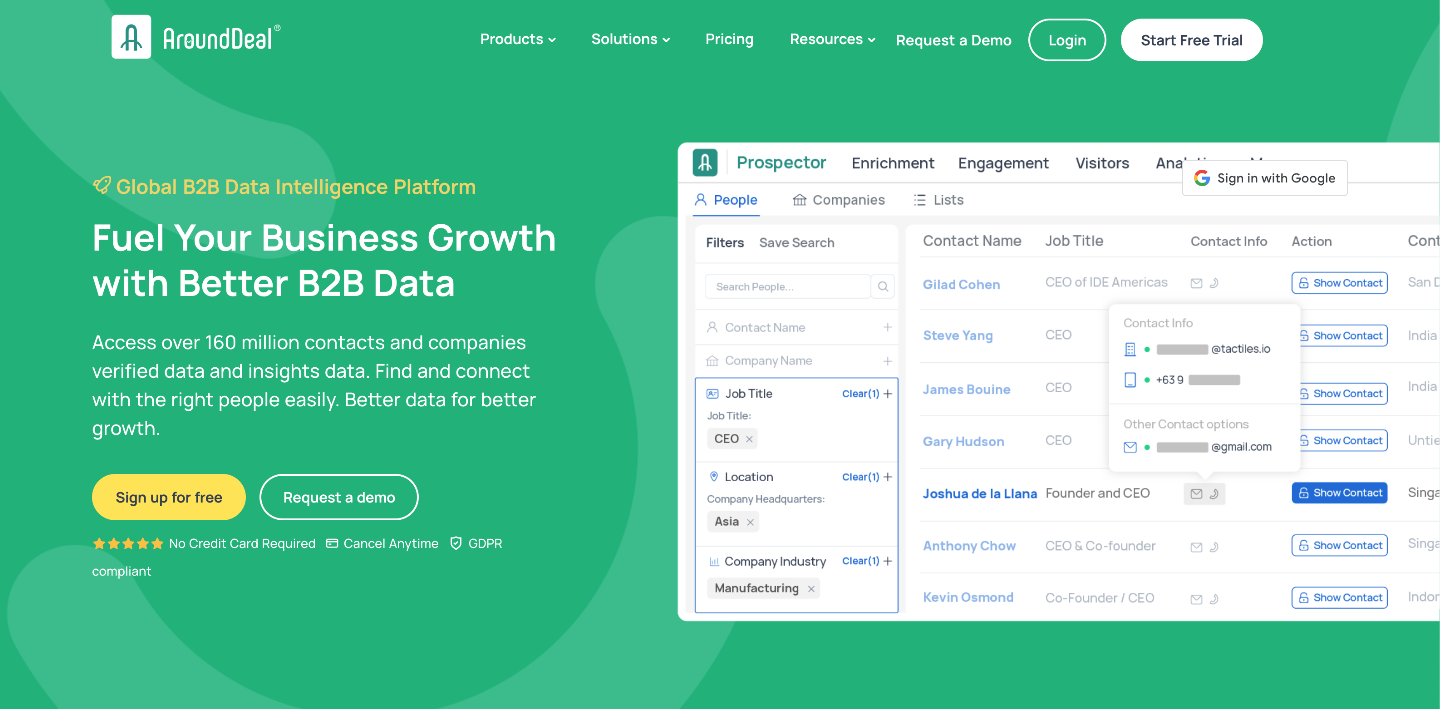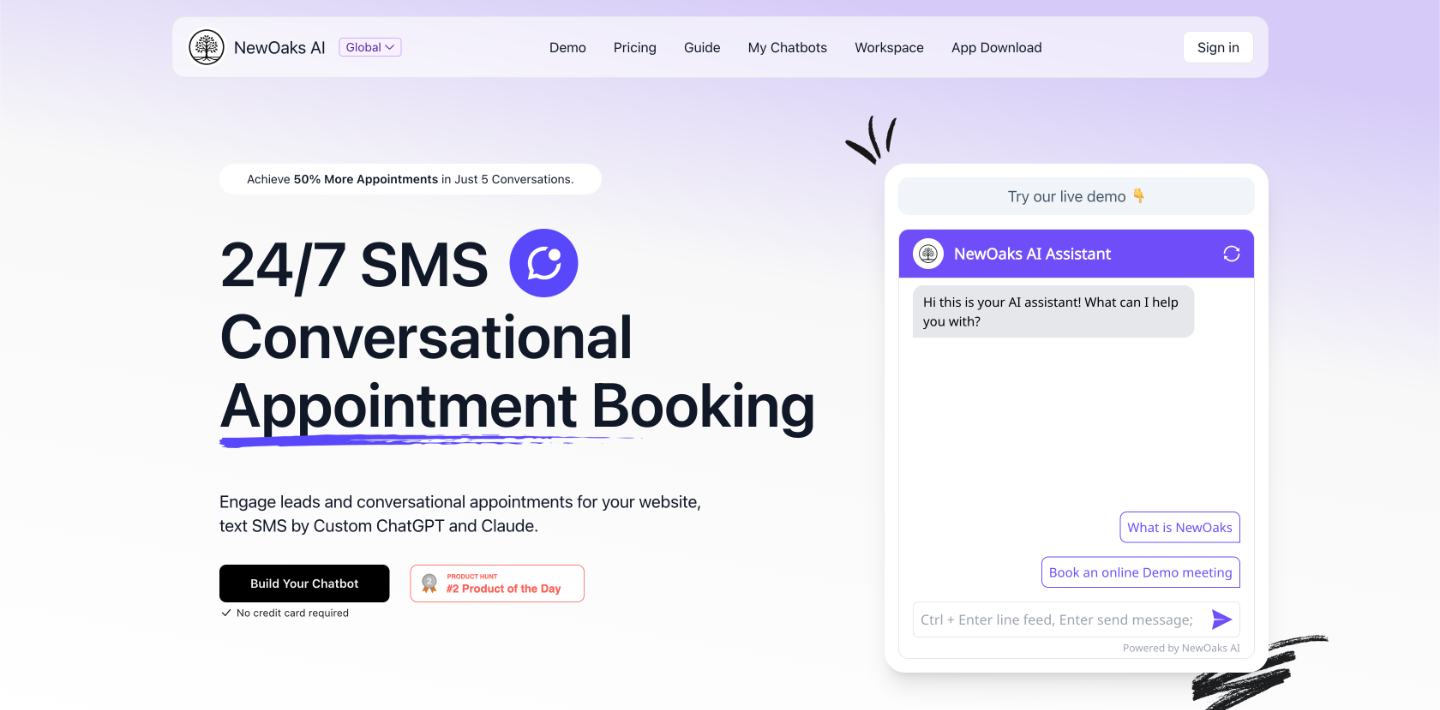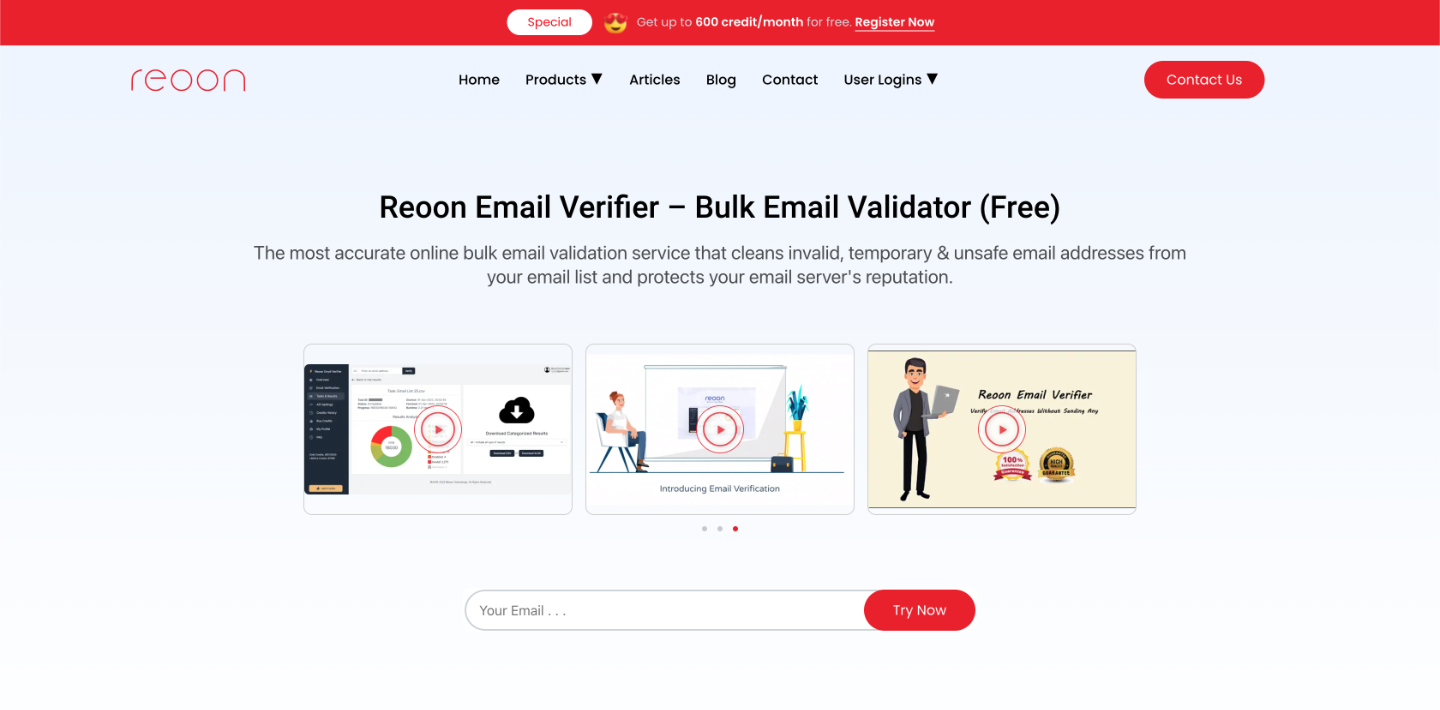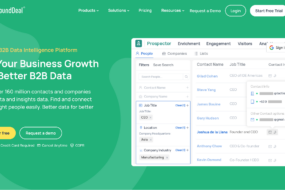When it comes to data storage, you have plenty of choices. Leading experts like Forbes are now saying that colocation is the smartest investment option for most companies — but is it really right for you? Every company is different, and ultimately your data storage choice at the outset could govern how your company grows and expands. Before deciding on a storage strategy, consider your company’s needs. If your data contains highly sensitive information, you’ll want intensive physical and cyber security measures to keep your customers’ or your data safe. If you’re a small local business with very minimal storage needs, you’ll want manageable prices to keep your costs low. Read on to get the bare-bones pros and cons of your data storage options, and compare them with your company’s needs to find the perfect fit.
Pros: Cloud Storage
The cloud is everywhere and nowhere — at least for you when you’re paying for a subscription. The major benefit of using the cloud to store your data is that you’ll have access to your information anywhere and everywhere, but you won’t have to worry about taking up precious office or home space with huge servers. This also means that you don’t have to employ IT staff to manage the servers or update their hardware. Perhaps the most useful aspect of cloud storage is that you pay for what you use, meaning if you’re trying to work on a tight budget, you can probably fit your storage needs into a small monthly payment.
Cons: Cloud Storage
When you pay for space on the cloud, what you are really paying for is space on someone else’s servers. Because these aren’t your servers, you don’t really have control over what else is stored on them, how they’re taken care of or even what make and model they are. We all remember the great security breaches of late 2013 and early 2014: Target, Neiman Marcus and Michaels all had their data breached in a big and costly way, largely because their data wasn’t protected well enough. Customers will never be forgiving of you losing their precious personal information to hackers and spammers, so if you value customer loyalty (as you well should) perhaps the cloud isn’t the best place for your data.
Pros: In-House Servers
When you buy your servers yourself, you are paying for full customization when it comes to both technology options and security. Your servers will be close at hand, meaning if you have extremely esoteric needs when it comes to your data, you’ll be able to keep a close eye on how those needs are met. Additionally, the cost of your servers is generally a fixed, one-time payment, so you won’t be surprised by hidden fees or rate hikes later on in your company’s life.
Cons: In-House Servers
Though you’ll only pay once for the server, you’ll have continuing fees when it comes to server maintenance because you’ll be responsible for keeping your servers up and running. Moreover, you’ll have to give up valuable office space to house your servers and shell out increased utilities costs to keep your servers plugged in and cool.
Finally, in a few years when your servers are outdated or perhaps not running at their full capacity, you’ll have to pay more to upgrade your equipment or else continue functioning at less than normal speeds. These costs may seem minimal at the outset, but they will compound to surprising amounts as the years wear on.
Pros: Colocation
Colocation is the best of both worlds. If you need the customization options of purchasing your own servers but fear the extensive upkeep costs of keeping your servers on-site, colocation allows for both. If you want to be able to scale your data needs as they shift and grow but need the physical and cyber security features not guaranteed by the cloud, colocation has you covered. Your colocation provider has the resources to run 24/7, even on holidays, and will have backup power options to keep your servers working during any kind of power emergency. Plus, colocation providers are generally nearby (here’s a great San Diego colocation option), so if you do need to pay a visit to your servers, you won’t have to travel to Timbuktu.
Cons: Colocation
With colocation, you are paying the equivalent of a rental fee every month to house your servers. Additionally, as with any service, you may encounter unexpected fees with the less-reputable colocation providers. Moreover, some providers will sell tons of bandwidth which can lead to decreased performance over time. Though not all providers are untrustworthy, as with any important decision for your company, you should do your homework to determine which colocation provider (or data storage system in general) is right for you.
















